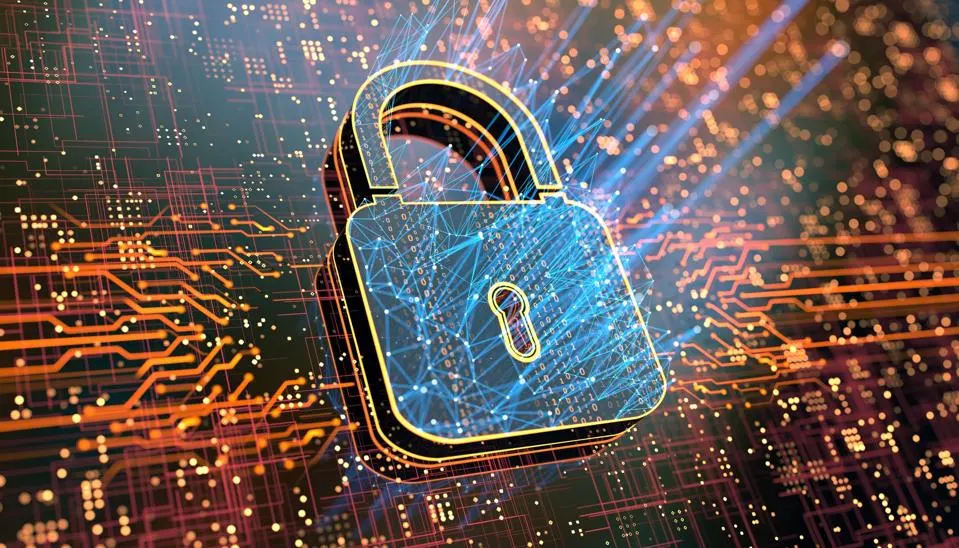Table of Contents
In the fast-paced world of cryptocurrencies, protecting your digital assets and concealing your identity might seem like a high-stakes game of hide and seek. With hackers lurking around every corner, let’s look at how you can protect your funds and keep your transactions secret without having a degree in cybersecurity.
The Landscape of Crypto Security
Understanding the Threats
Think of the cryptocurrency space as a digital Wild West. It’s exciting and full of opportunities, but there are also bandits (read: hackers) out to snatch your digital gold. From malware that empties your wallet, to sneaky phishing scams that trick you into handing over access, the risks are real.
The Importance of Secure Storage
Where you keep your crypto can make all the difference. Using online wallets is like keeping your cash under the mattress – convenient, but risky. Cold storage options, like hardware wallets, are the digital equivalent of a safe. They’re not as handy for quick transactions, but they’re a fortress for your funds.
Balancing Anonymity and Compliance
Want to keep your crypto dealings private? It’s all about the tools and techniques you use. There are services and technologies out there designed to keep your transactions under the radar. But remember, with great power comes great responsibility – use them wisely.
KYC Regulations and Cryptocurrency
KYC, or Know Your Customer, is like the bouncer at the club, checking IDs before letting anyone in. Many crypto exchanges use KYC to keep things legal, which means they’ll want to know who you are. It’s a bit of a privacy trade-off, but it also keeps the bad guys out, making the space safer for everyone.
If you’re keen on trading while maintaining your anonymity, consider exploring secure no kyc exchanges on Bitcoinist. These platforms offer the privacy you desire without compromising on security, allowing you to trade with peace of mind. Dive into Bitcoinist’s comprehensive reviews to find a no KYC exchange that fits your needs and keeps your crypto journey secure and private.
Practical Measures for Enhanced Security
Fortifying Your Digital Fort
Protecting your crypto stash doesn’t have to be rocket science. Start with the basics: use strong, unique passwords, and turn on two-factor authentication wherever possible. Be on guard against phishing – if an email or message seems fishy, it probably is.
Recovery Plans and Backup Strategies
Ever think about what happens if you lose access to your wallet? Having a backup plan is crucial. Write down your recovery phrases and keep them in a safe place – and no, not on your computer or online. Think of it like a treasure map to your digital treasure, hidden away from prying eyes.
Enhancing Security with Multi-Signature Wallets
Understanding Multi-Signature Wallets
Multi-signature wallets are a critical development in cryptocurrency security, requiring multiple parties to approve a transaction before it can be executed. This section would delve into the mechanics behind multi-signature technology, explaining how it integrates more than one private key to authorize transactions. The discussion will include the benefits of using multi-signature wallets, such as reducing the risk of theft or loss, as they require the compromise of more than one key to access the funds.
Implementing Multi-Signature Solutions
This subsection would provide readers with a practical, step-by-step guide on setting up a multi-signature wallet. It would cover choosing the right multi-signature wallet provider, determining the appropriate number of signatures required for transactions, and best practices for managing and distributing keys among trusted parties. This guide would aim to demystify the process and encourage users to adopt multi-signature wallets as a part of their security strategy.
Advanced Encryption Techniques for Enhanced Privacy
The Role of Encryption in Crypto Security
Encryption is the backbone of digital security and privacy in cryptocurrency transactions. This section would cover the different types of encryption used in the blockchain technology that underpins cryptocurrencies. It will highlight symmetric vs. asymmetric encryption, explaining their roles in protecting data and maintaining transaction confidentiality.
How to Use Encryption Effectively
Practical advice on leveraging encryption for personal crypto security would be offered here. The content would include recommendations on encryption tools and services, tips for creating strong encryption keys, and guidelines for securely storing and managing these keys. This advice would be aimed at both novice and advanced users, emphasizing the importance of encryption in safeguarding digital assets.
Regulatory Compliance and Its Impact on Privacy and Security
As governments around the world begin to implement more stringent regulations on cryptocurrency, understanding these legal frameworks becomes crucial. This section would explain key regulatory measures, such as Anti-Money Laundering (AML) and Know Your Customer (KYC) protocols, and their implications for crypto users. It would provide a global overview of cryptocurrency regulation, highlighting significant differences in regulatory approaches across jurisdictions.
Balancing Compliance with Privacy
This subsection would tackle the challenges of maintaining privacy while complying with regulatory requirements. It would offer strategies for balancing compliance with privacy, discussing privacy-focused cryptocurrencies, the use of privacy-enhancing tools like mixers or tumblers, and legal considerations when using such tools. Additionally, it would provide insights into how to participate in the crypto ecosystem responsibly, without compromising personal security or privacy.
FAQ and Answers
- What’s the safest way to store cryptocurrencies to avoid hacking?
Hardware wallets are your best bet for top-notch security. They keep your crypto offline and out of reach from online bandits.
- How can I keep my transactions private but still follow the rules?
Using privacy-focused tools and cryptocurrencies can help, but make sure you’re still following the laws of your land. It’s a delicate dance between privacy and compliance.
- What should I do if my wallet gets hacked?
First, don’t panic. Contact the service provider immediately and follow their instructions. Then, take steps to secure your remaining assets and learn from the incident to prevent future breaches.
- How does KYC impact my privacy on crypto exchanges?
KYC means the exchange knows who you are, which can feel like a privacy compromise. But it’s also a layer of security that helps prevent fraud and keeps the ecosystem trustworthy.
Navigating the world of cryptocurrency security and privacy might seem daunting, but with the right knowledge and tools, it’s entirely manageable. By taking proactive steps to secure your assets and understanding the balance between anonymity and compliance, you can confidently venture into the dynamic world of digital currencies, ready to take on whatever comes your way.













